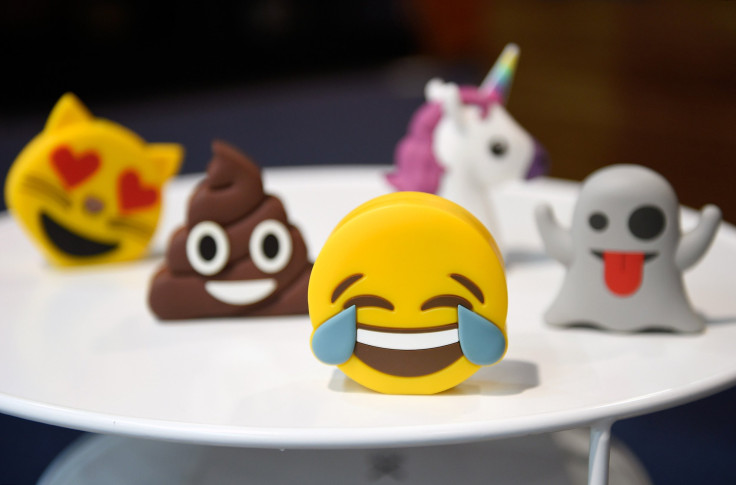Apple’s Hijab Emoji Defended By Muslim Teenager Who Inspired It: ‘Head Scarf Emoji Benefits My Community'

A Hijab emoji, showing a woman wearing a headscarf, was unveiled Monday by Apple to mark the World Emoji Day in a preview of more than 12 emoji characters that would be available on iOS, macOS and watchOS later this year.
The emoji was proposed by Muslim teenager Rayouf Alhumedhi in a campaign she started last year. The thought that there was no emoji representing her religion or culture dawned on the Saudi teen — who lives in Vienna, Austria — when her friends created a group on Whatsapp and included her. She immediately penned down a long email to the Unicode Consortium, the non-profit organization that manages and develops new emojis.
This teenager created a hijab emoji in her bedroom last year. Now it's coming to all Apple devices. https://t.co/el4IzzLCKP pic.twitter.com/A592TNAe2x
— CNN (@CNN) July 18, 2017
Alhumedhi, 16, followed all the instructions listed under “Submitting Emoji Proposals” page, to explain why she wanted a hijab emoji introduced.
The teen's request caught the attention of former New York Times reporter Jennifer 8. Lee. She advised Alhumedhi to chronicle the history of the hijab in a proper manner. “In the age of digitalization, pictures prove to be a crucial element in communication,” Alhumedhi said in the proposal, the New York Times reported. “Roughly 550 million Muslim women on this earth pride themselves on wearing the hijab. With this enormous number of people, not a single space on the keyboard is reserved for them.” The non-profit organization approved the character in November, Al Jazeera reported.
Read: New Google Tool Lets You Turn Selfies Into Emoji
When Alhumedhi received the news through a friend that her request was accepted by Apple, she checked out the finished product and told CNN on Tuesday that she could not have been happier. "I'm really happy with what it looks like," Alhumedhi said. "I saw so many ideas, different colors and styles but I didn't know what it would finally look like. I'm just so excited because it's finally came out after all the work, all the writing."
However, not everyone welcomed the tech giant's move to introduce the emoji. Some Twitter users pointed out hijab was a sign of oppression and had no place in the emoji world.
the hijab is a symbol of oppression. by including it as an emoji you are showing your support for the oppression of women.
— Joeymp (@joeymp123) July 17, 2017
Read: Some Of The Most Controversial Emojis
Referring to the comments, Alhumedhi said Tuesday, "It [the emoji] will cause controversy."
"Some people will try and pervert it, use the emoji in a hurtful way to perpetuate stereotypes. But overall, I think the Muslim community will benefit from it. Even if only in terms of representation. It's only an emoji. It's not a game changer. But it will make people happy. I hope so."
Alhumedhi stood her ground 10 months ago in a similar manner when she was asked questions about the emoji on Reddit. Stressing how people have misjudged the significance of a hijab, Alhumedhi wrote: “I would like to be represented and acknowledged. It might seem baffling, but when I wear the head scarf I actually feel liberated because I’m in control of what I want to cover. The head scarf allows for people to see past a woman’s beauty and see her for her knowledge.”
Debates surrounding veils worn by Muslim women have escalated in the recent years in different parts of the world. In September 2015, Germany revoked a law that prevented teachers from wearing head hijabs, saying the religious freedom was being hampered. Beach towns in Riviera, France, banned the controversial bathing costume “burkini” in August which fused a burqa and bikini in its design.
© Copyright IBTimes 2024. All rights reserved.






















